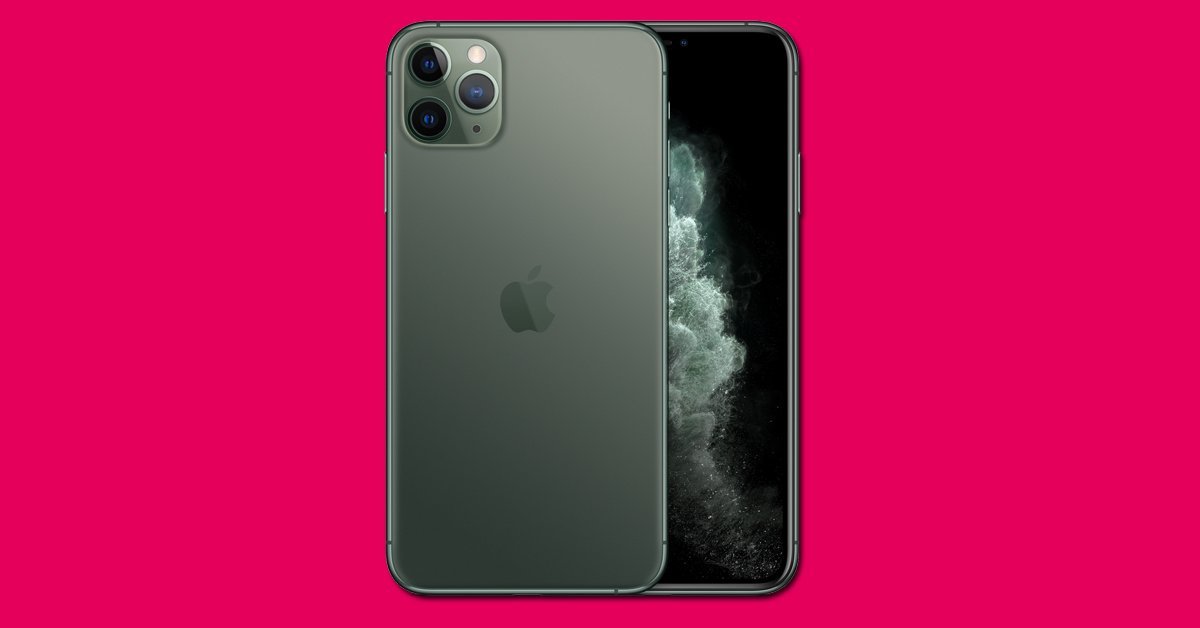The new iPhone 11, recently launched to much hype at Apple's Announcement Event, comes in a new dark green colour, and goes quite a way to improve it's "green" environmental credentials. But how "green" can a new smartphone really be?
The Good
Apple have made a number of significant changes to the way they produce smartphones in a more environmentally, sustainable manner, and for this, Apple should be commended.
First up, the phone case of the standard iPhone 11 offering is made of 100% recycled aluminium. Not only does this reduce the need for mining new metals for the production of all those shiny new iPhones 11s, but aluminium can be recycled an infinite number of times, so provided the iPhone 11 is handed in to a recycler at end of life, the cases can be recycled again.
The Bad
A lot of rare and valuable metals are used to produce the components inside a mobile phone. Rare-earth metals that are essential in mobile phone production are in high demand and are only available in a few places worldwide, which is one of the main reasons we should all be recycling our smartphones at their end of life (the rare-earth metals in phones dumped in landfill or stored at the back of cupboards or drawers are never going to find their way back into use again).
Unfortunately, only 25% of all the rare-earth metals used in the production of an iPhone11 come from recycled sources. An improvement over past iPhone versions, but still a long way off being perfect.
The Ugly
As the third largest manufacturer or smartphones in the world, Apple have a lot to answer for when it comes to the strain mobile phone production is putting on our natural resources. There are currently more mobile phones in active use around the world than there are people, so Apple's constant drive to get users to upgrade to bigger and better phones each year is not only unnecessary, it's actively damaging the environment.
Apple do a lot to drive people to buy their annual new flagship smartphone. Apple have been found to purposefully install software "updates" on older iPhone models which unnecessarily slow them down, creating a purely manufactured need for it's user base to upgrade their phone.
Apple are also notoriously protective of their IP and prefer to handle all iPhone device repair in house. This prevents third party repair centres from recycling or repairing damaged or faulty iPhones.
The problem with this is, if a phone is returned to AppleCare and the iPhone isn't easily fixed, then Apple will ship a brand new phone while letting the customer keep their faulty one. Great for the consumer, sure, but perhaps not so fantastic as far as electronic waste, recycling and the environment go.
Is the iPhone 11 Good for the Environment?
Apple are improving some of their practices when it comes to new smartphone production and the iPhone 11 is definitely a step in the right direction.
However, if the environment is a cause for concern for you, the best option is always going to be buying a refurbished phone rather than a brand new one. Keep your existing phone for as long as possible and when you upgrade, choose a second-hand phone or a phone that has been refurbished by RueZone.
Re-use really IS the best form of recycling!

